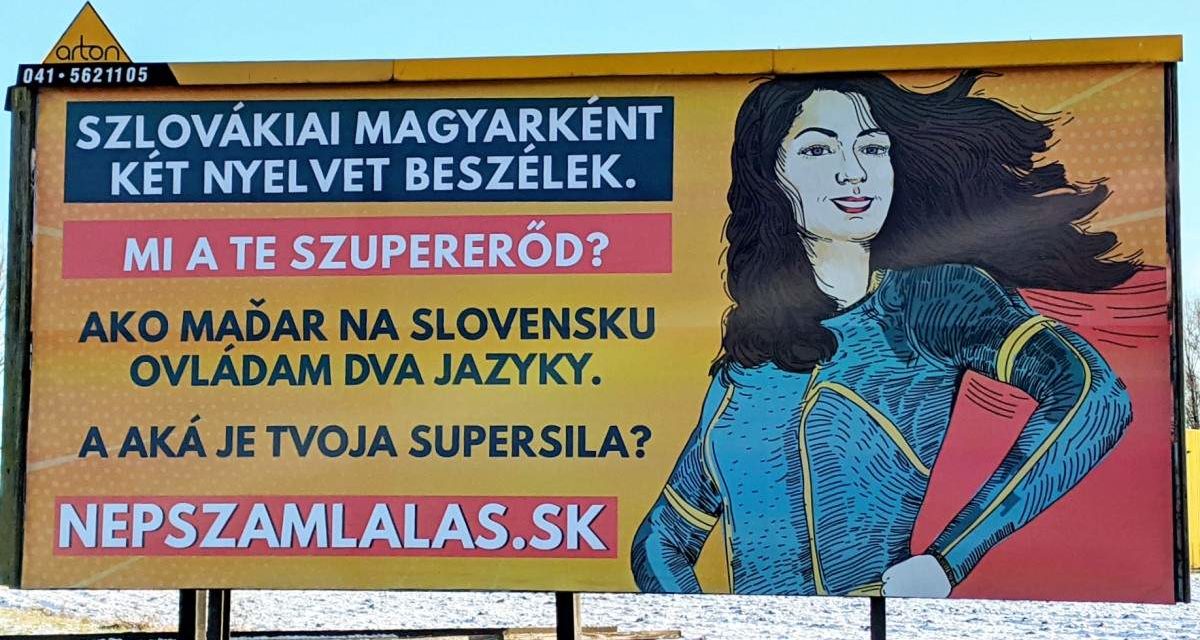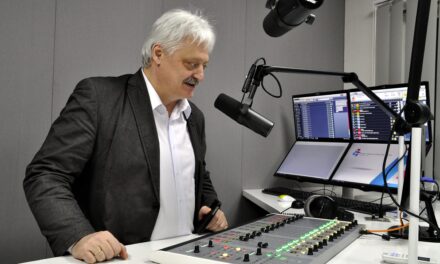Seventy-five years ago, on March 28, 1946, the exodus of Hungarians from the highlands began. Because in Prague, all the provisions issued by the (self-appointed) President Edvard Beneš between April and October 1945 became law.
The Czechoslovak Beneš decrees clearly classified the Upland Hungarians (and the Germans as well) as collective criminals. They banned the use of their mother tongue, took away their citizenship, deported them in huge wagons, confiscation of property, the complete impossibility of education and culture, looting and torture accompanied this process. The goal was to liquidate Hungarians, and although this was not achieved - partly due to the great powers and partly due to luck - in return, the decrees are still in force now, 75 years later.
It is clear that the hastily put together ban on dual citizenship in 2010 - because let's not forget, it was clearly created against the Hungarians - is the specter of these decrees. of the State Secretary for Foreign Affairs, Martin Klus (SaS), the acquisition of Hungarian citizenship would cause problems such as inciting ethnic tensions in Eastern Ukraine, South Ossetia and Abkhazia. The Hungarian foreign minister called this a provocation, since it is unacceptable for us to present the Hungarians as subversive and destabilizing elements. The Hungarian ambassador was appointed to the Slovak Ministry of Foreign Affairs for this purpose and, according to their good custom, the Hungarian side was accused of interfering in internal affairs...
Today, the cooperation of the Visegrad Four has significantly strengthened in European diplomacy, in the fight against the migrant crisis, and in joint political action, with serious results. Now, in connection with the Covid-crisis, the Hungarian government also assisted the Slovaks in the procurement of vaccines from the East.
Unfortunately, the effect of the decrees still exists today. The spirit of Trianon is still stronger in terms of discrimination against nationalities living in successor states than the provisions of the Union prohibiting it. Sometimes they are (abused) by the Slovak state. And in the meantime, the number of Hungarians, or those who claim to be Hungarian, is decreasing. Yet our history: the common history of the peoples of the Carpathian Basin: the will of our apostolic holy king for millennia. The Hungarians living there strengthen the Europeanness of the Slovak state in at least two languages, which would shine much brighter if the decrees were dismissed and dual citizenship was granted.
In any case, at the time of the census, with a good political tailwind, we hope that the number of Hungarians in the highlands will also increase. It's up to them too, go Hungarians!
Featured photo: oznagni.hu












